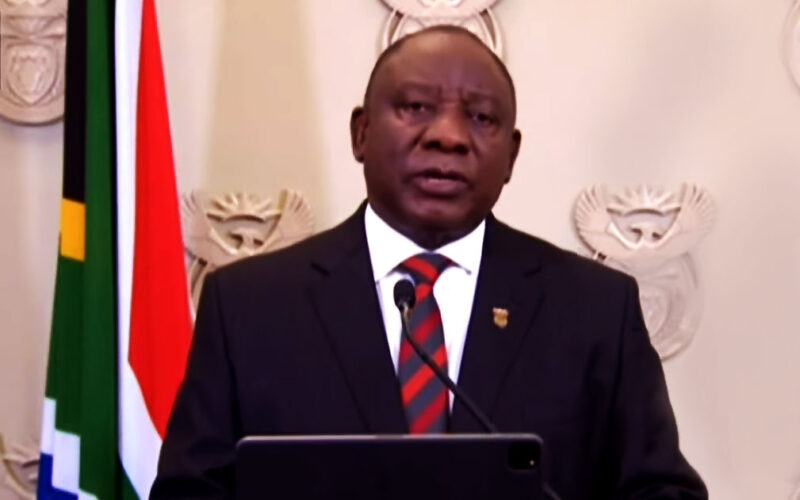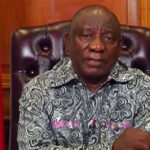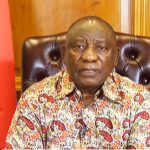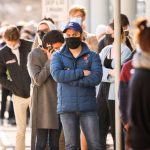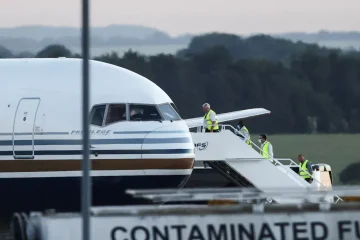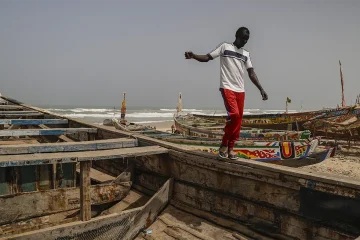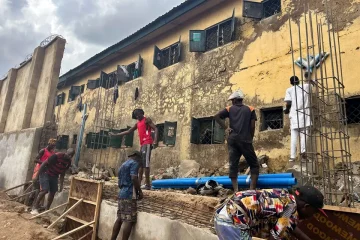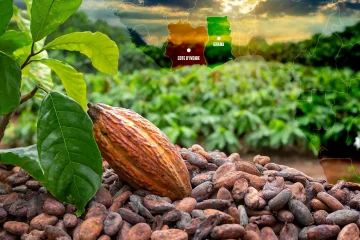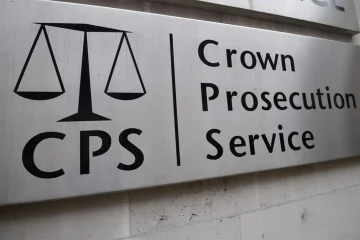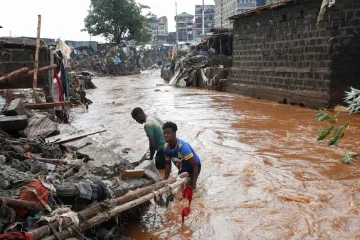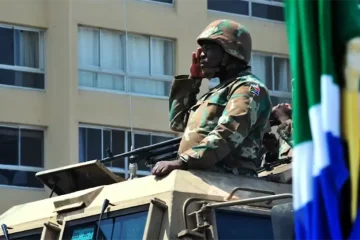AFRICAN MIRROR REPORTER
FACED with a steady rise in daily infections, South Africa has mildly tightened COVID-19 restrictions by moving the country to Lockdown Level Two, with reduced time for business and increased curfew period.
SA President Cyril Ramaphosa, in a special address to the nation, said the new restrictions were necessary to save lives and to ensure that hospitals were not overwhelmed. He said the need for tighter restrictions were based on sustained increase in new infections as well as a rise in the number of hospitalisations.
“Delaying the spread of the virus is especially important now to allow as many people as possible to be vaccinated before the third wave peaks,” he said.
Ramaphosa announced that:
- Curfew will start at 11pm and end at 4am.
- Bars, gyms and other non-essential businesses close at 10pm.
- Gathering restricted to 100 indoors and 250 outdoors.
- Religious and political gatherings restricted to 50% of the venue capacity.
- Funeral gatherings remain restricted to 100 people, night vigils and
- “after tears” gatherings remain banned.
The SA president stressed that other COVID-19 protocols such as wearing of masks in public, social distancing and the avoidance of social gatherings, remain in place.
“The owners and managers of public buildings, centres, shops, restaurants, taxis and buses all have a responsibility to ensure that people on their premises or in their vehicles wear masks and that appropriate social distancing measures are in place. If you tests positive for COVID-19, you must self-isolate at home for a period of 10 days from when you first developed symptoms. If you have been in contact with a person who has COVID-19, you must self-quarantine for a period of 10 days following your exposure, even if you don’t show any symptoms. Identifying and isolating all contacts of a positive case is our best mechanism to prevent the virus from spreading further, and so it is very important that we all obey the rules of self-isolation and quarantine,” Ramaphosa said.
He said gatherings remain the greatest source of transmissions. This includes weddings, funerals, social parties, religious services, political meetings and gatherings of family as well as friends.
“We must remember that the virus does not move from place to place by itself; it relies on the movement of people. The less we travel, the less the virus is spread. It is especially important to avoid indoor spaces, as the coronovirus is spread through the air when a person speaks, coughs or sneezes. If you need to meet someone, including a member of your family, it is safer to do so outside in a well-ventilated space,” he added.
Ramaphosa said those living with comorbidities – particularly the elderly – should exercise caution and limit their contact with other people.

